Essential Learning
Explore this area of our website to be equipped with essential learning for all champions of children’s mental wellness.
Our Favorite Books
Becoming trauma-informed takes commitment and dedication. Below is a brief list of four books on trauma anyone working with youth should read. 1. The Boy Who Was Raised As A Dog Full Citation: Perry, B., & Szalavitz, M. (2006) The boy who was raised as a dog: What traumatized children can teach us about love, loss, and healing. New York, NY: Basic Books. Brief Summary: The Boy Who Was Raised As A Dog is a critical read for anyone working with traumatized youth! Bruce Perry, developer of the Neurosequential Model and Senior Fellow at...
read moreOur Favorite Media
The Children’s Wellness Coalition curates a featured playlist of videos we think everybody should see at least once! Let us know your favorites, or which videos we need to add to our collection. « Prev1 / 1Next »Beyond the Cliff | Laura van Dernoot Lipsky | TEDxWashingtonCorrectionsCenterforWomenHow Toxic Stress Affects Us, and What We Can Do About ItEvidence-based Prevention Tools: What WorksYou are not aloneA Mental Health Message From Santa Claus3. Toxic Stress Derails Healthy DevelopmentInBrief: The Science of...
read moreResiliency
Emmy Werner’s landmark resilience study tracked the entire birth cohort of 1955 on the island of Kauai and lasted for 40 years. During this time she followed 698 children from infancy to midlife to determine how risk factors like being born into chronic poverty with a poorly educated and mentally ill mother impacted later delinquency, poor mental and physical health, and family stability. Werner’s most important finding surprised the world: 1/3rd of the high risk children she followed grew up to be competent, confident, caring...
read moreTrauma-Informed Approach
6 Guiding Principles To A Trauma-Informed Approach A trauma-informed approach begins with understanding the physical, social, and emotional impact of trauma on the individual, as well as on the professionals who help them. This requires client or student-centered practices and incorporates three elements: Realizing the prevalence of trauma. Recognizing how trauma affects all individuals involved with the program, organization, or system, including its own workforce. Responding by putting this knowledge into practice. Safety This includes...
read moreAvoiding Retraumatization
Re-traumatization is any situation or environment that resembles an individual’s trauma literally or symbolically, which then triggers difficult feelings and reactions associated with the original trauma. The potential for re-traumatization exists in all systems for individuals, staff and your organization. Re-traumatization is often unintentional. There are some “obvious” practices that could be re-traumatizing such as the use of restraints or isolation, however, less obvious practices or situations that involve specific smells, sounds or...
read moreBalanced Screen Time
Digital media can have both positive and harmful effects on kids. For instance, digital educational tools can be very helpful. However, too much media can compete with the time kids need for healthy amounts of exercise and sleep. To keep with the fast advances of our tech-infused world, the American Academy of Pediatrics offer the following recommendations based on your child or student’s age: 0-18 months old What’s OK: Video-chatting with loved ones (like Skype or Facetime) What’s Not: Screen time is not recommended for...
read moreAdverse Childhood Experiences
What are ACEs? Adverse Childhood Experiences are childhood traumas that can result in actual changes in brain development. These changes have been shown to impact a child’s learning ability, social skills and can cause in a variety of long-term health and opportunity problems. The Centers for Disease Control and Prevention views ACEs as one of the major health issues facing our nation in the 21st century. In fact, ACES are very common among youth througout Washington State and Snohomish County. According to the Snohomish County Health...
read moreEssential Learning
Explore this area of our website to be equipped with essential learning for all champions of children’s mental wellness.
read more







